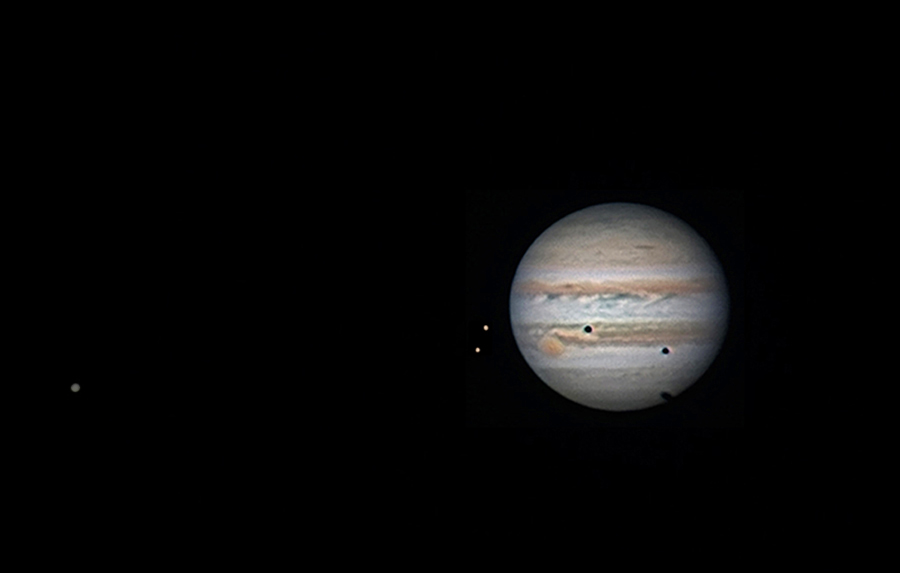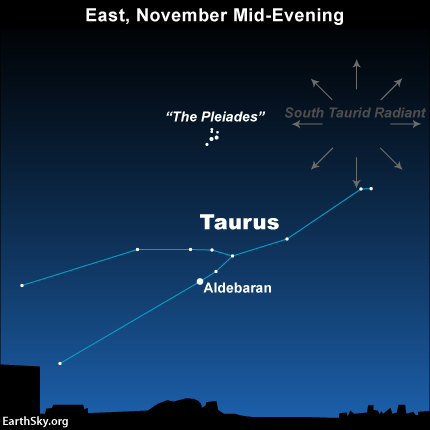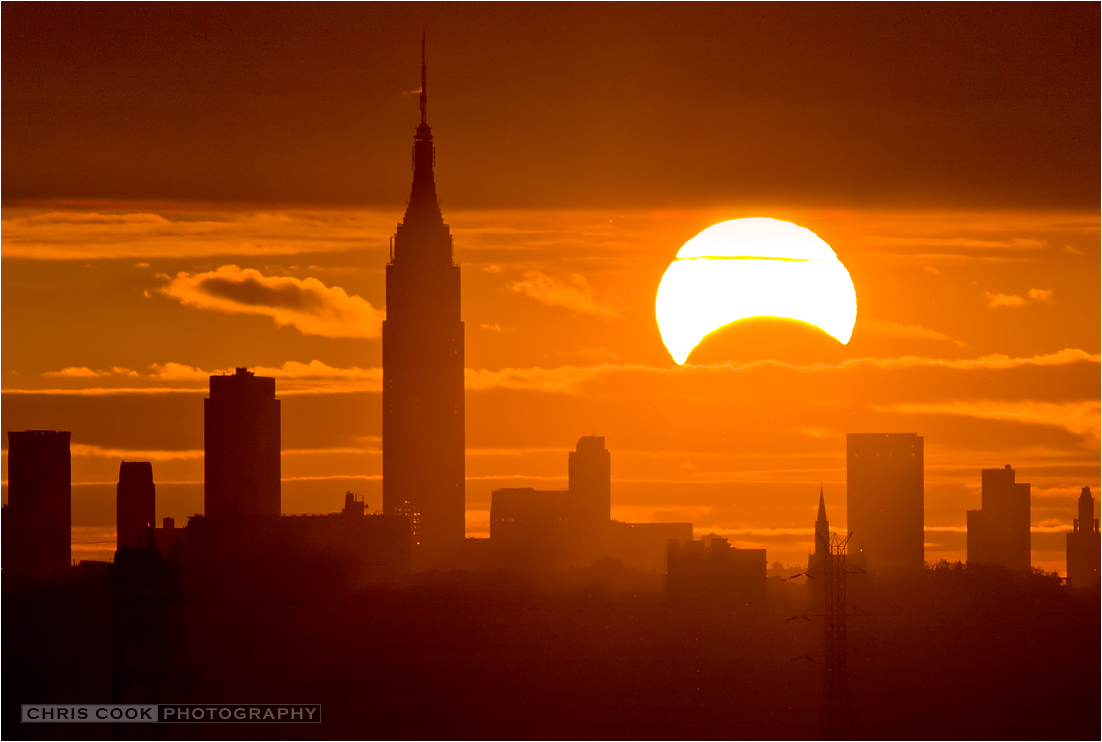http://www.bbc.co.uk/news/science-environment-24642603
Seven-planet solar system found
By Paul Rincon and Melissa Hogenboom
BBC News
Exoplanet tally soars above 1,000
Rich exoplanet system discovered
Astronomers may have identified one of the richest planetary systems yet.
The discovery of a seventh planet around the dwarf star KIC 11442793 could be a record, according to two separate teams of researchers.
The system bears some similarities to our own, but all seven planets orbit much closer to their host star, which lies some 2,500 light-years from Earth.
The crowded solar system is described in two papers published on the pre-print server Arxiv.org.
Continue reading the main story
“
Start Quote
We keep finding, in these niche cases, in these odd cases, in these complicated cases that humans can beat the computers”
Dr Chris Lintott
University of Oxford
One of the identifications was made by volunteers using the Planet Hunters website. The site was set up to allow volunteers to sift through the public data from Nasa's Kepler space telescope - which was launched to search for so-called exoplanets - worlds orbiting distant stars.
Kepler uses the transit method to discover new planets, which entails looking for the dip in light as an alien world passes in front of its host star. But there is simply too much data for mission scientists to examine every light curve, so they developed computer programmes to search for the signature of a planetary transit.
"This is the first seven-planet system from Kepler, using a transiting search. We think [the identification] is very secure," said Chris Lintott, from the University of Oxford, co-author on the Planet Hunters paper.
"With a transiting system, once you get multiple planets, the odds of them being false positives are very small."
Continue reading the main story
Exoplanets
An exoplanet exists outside our Solar System
Many of those found so far are large planets believed to resemble Jupiter or Neptune
The first exoplanet was discovered in 1992, orbiting a pulsar
A few years later, the planet 51 Pegasi B was found orbiting a star similar to the Sun
Hundreds of extrasolar planets have been confirmed since, and thousands more "candidates" await confirmation
Dr Lintott's team has submitted their research to the Astronomical Journal for peer review. Another team of astronomers from several European countries has submitted a separate paper outlining their independent discovery of the seventh planet to the Astrophysical Journal.
The new planet is the fifth furthest from its parent star, orbiting with a period of nearly 125 days.
With a radius of 2.8 times that of the Earth, it fits into a family that now includes two roughly Earth sized worlds, three "super-Earths" and two larger bodies.
"It actually looks like our Solar System in one sense, with all the small planets on the inside and the big planets on the outside. And that's not necessarily what we always see," said co-author Robert Simpson, also from Oxford University.
While there might be resemblances to our Solar System, all seven planets are closer to their host star. In fact they would all fit within the Earth's distance from the Sun, making this a very crowded neighbourhood.
"This is one of the reasons they are easy to see, because the closer they are to their sun, the more frequently they go around it," said Dr Simpson.
However, the Planet Hunters team carried out simulations showing that the planetary system should be a stable one.
Dr Lintott, who co-presents the BBC's Sky at Night programme and helped found Planet Hunters, added: "Everything we know about this system tells us [the seventh planet] should have been found using the automatic detection routines. But it wasn't."
"A seven-planet system is very complicated so you get a sense of why the automatic routine might have missed out - it gets confused by the presence of the other transits.
"Looking for these transits seems like a task that's perfectly designed for computers. But we keep finding, in these niche cases, in these odd cases, in these complicated cases that humans can beat the computers."
Another star, HD 10180, has been claimed to have either seven, or nine planetary signals. A distant sun called GJ 887C may also have a family of seven planets.
Commenting on the paper by the Planet Hunters team, Andrew Collier Cameron, professor of astronomy at the University of St Andrews, said: "It's intriguing that a system as well-studied as KOI-351 can still harbour hidden surprises that can only be winkled out by human eyes."
He added: "This is a perennial problem in transit hunting, of which we are only too acutely aware in our own ground-based searches.
"The best transit signal-detection algorithms developed to date still come a very poor second to the human visual system when it comes to pattern recognition. Still, we have to rely on machines, because of the sheer volume of data produced by enterprises like transit searches."
Paul.Rincon-INTERNET@bbc.co.uk and follow me on Twitter
|




